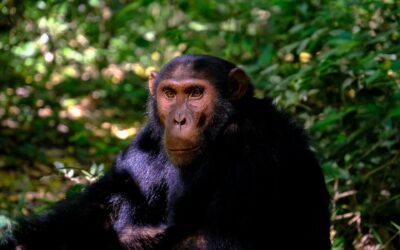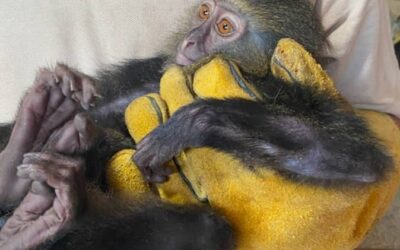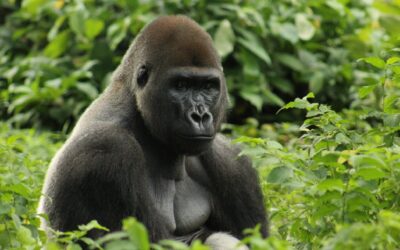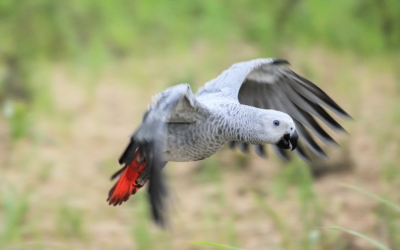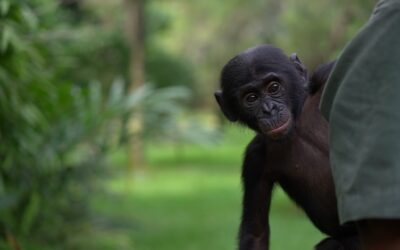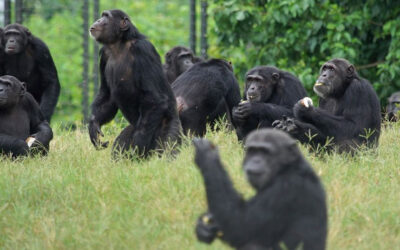Empowering Women Through Conservation
Offering Opportunities for Women Is a Responsibility Conservationists Should Consider
By Natasha Tworoski
Conservation efforts can often carry a despairing feeling of moral conflict, particularly in countries with high levels of poverty and severe human rights issues. Is it right to demand a community not to hunt native species when they are facing famine, disease and sometimes even war? Some conservation groups are finding incredibly successful ways to create a win-win outcome. Even more impressively, some organizations are reaching out to women specifically, who frequently are not provided the education or training needed to get started in small business management.
In Colombia, Proyecto Titi is a conservation organization working to protect the last cotton top tamarins. This small monkey only exists in one area of Colombia and is listed as critically endangered. Due to their tendency to develop colon cancer, over 20,000 monkeys were taken from the wild in the 1970s for laboratory research. While laws today have successfully stopped this threat, the illegal pet trade and habitat loss continue to cause the monkey’s numbers to dwindle. Proyecto Titi combines field research and public outreach to work towards saving this special monkey.
Additionally, Proyecto Titi has instituted a wildly successful program that started with organizing a women’s artisans cooperative. This co-op consists of local Colombian women who receive training on how to run a small business, as well as how to make traditional Colombian style bags (“eco-mochillas”), plush cotton top tamarin toys and more (Shop here …). This provides women with a way to support their families, allows Colombians and their native wildlife to have a win-win situation, and even reduces waste by weaving plastic bags to create the eco-mochillas. So far they have recycled over three million plastic bags! The United Nations Development Program has awarded them the “Equator Prize and Received Special Recognition in Waste and Pollution Management” and their product selection continues to grow.
Hop over to one of Africa’s most politically unstable countries, the Democratic Republic of Congo, and a new success story is emerging. The famous Virunga National Park is best known for being home to mountain gorillas, but you can actually find 50% of African species located within its borders. Due to ongoing guerilla warfare amongst rebel groups, being a ranger of the Virunga National Park is a highly dangerous job. On average, one ranger is killed every month in the park. These rangers often leave behind a family that no longer has a source of income. To ensure a future for these women, “Virunga’s Sewing Workshop for the Widows of the Fallen Rangers” opened this year, providing these widows with much-needed training. Currently, products made by the women such as napkins can only be bought within the park, but they plan to work towards making the items available online for global purchase.
Offering opportunities like these is a responsibility we as conservationists should consider as we work towards a brighter future for all of us.
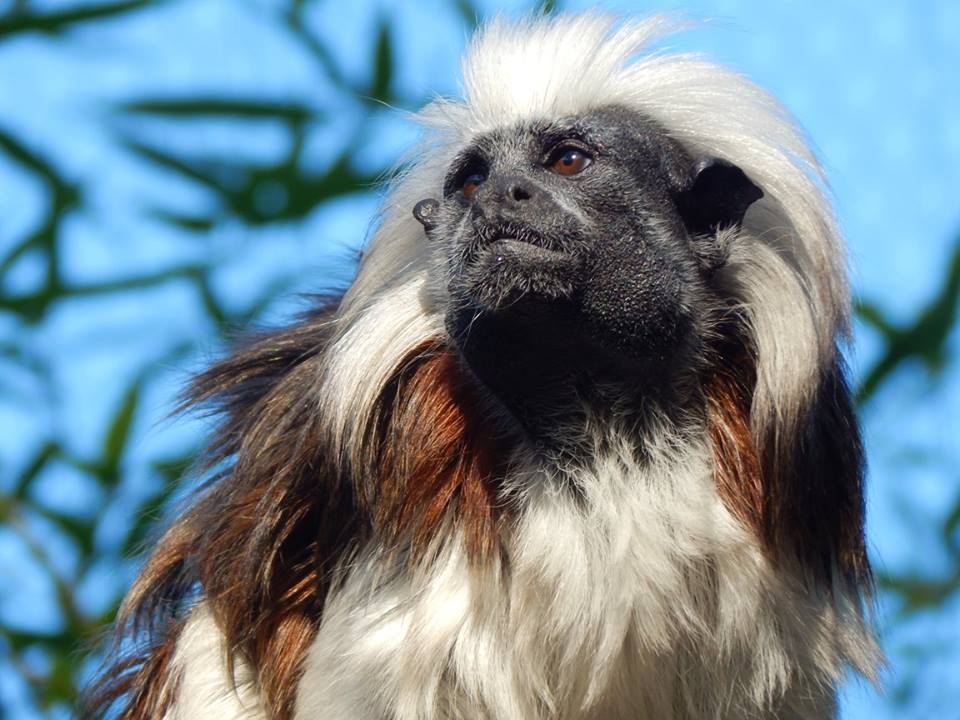
Proyecto Titi is a conservation organization working to protect the last cotton top tamarins. This small, critically endangered monkey exists only in one area of Colombia.
Next Posts
5 Summer Activities to Foster Conservation Education with Young Children
Here are 5 fun and educational activities that promote conservation awareness and environmental responsibility.
PASA and the QATO Foundation Partner to Protect Chimpanzees in DRC
PASA and its member J.A.C.K. Sanctuary partner with the QATO Foundation to create a bold new island sanctuary for up to 120 rescued chimpanzees in the DRC.
Trophy Hunting Myths Debunked
NGOs tackle misinformation about trophy hunting spread by the hunting lobby.
Largest Seizure of Monkeys in Africa Welcomed to J.A.C.K. Sanctuary in the Democratic Republic of Congo
Trafficking of African primates from Africa to Asia was thwarted with confiscated animals repatriated and sent to an accredited PASA member sanctuary.
5 Ways to Help Save Gorillas
Anyone can have an impact on gorilla conservation through simple actions.
Celebrate World Parrot Day with PASA!
This World Parrot Day, we are celebrating four of our amazing member sanctuaries that offer a second chance to rescued parrots!
What is an Endangered Species?
This article explains what it means to be “endangered” and explores how human activities can threaten species. It also highlights how Pan African Sanctuary Alliance (PASA) member centers rescue, rehabilitate, and conserve endangered primates and their habitats.
Celebrate 23 Years of PASA in 2023
PASA turns 23! It’s 2023 and we’re asking you to help us celebrate our 23 member sanctuaries and our 23 years of protecting primates. To mark this day, we are launching our Primates Forever Campaign to ensure magnificent great apes and monkeys remain wild and protected.
Viruses in Sanctuary Chimpanzees Across Africa
New research finds that sanctuary chimpanzees are infected with viruses previously found in wild chimpanzees. Additionally, it suggests that, like in the wild, sanctuaries experience reverse zoonotic respiratory virus transmission.
Women in Conservation: Two Wildlife Heroes in West Africa
This International Women’s Day, celebrate the dedication and achievements of two women working to protect wildlife and inspire the next generation in West Africa.


